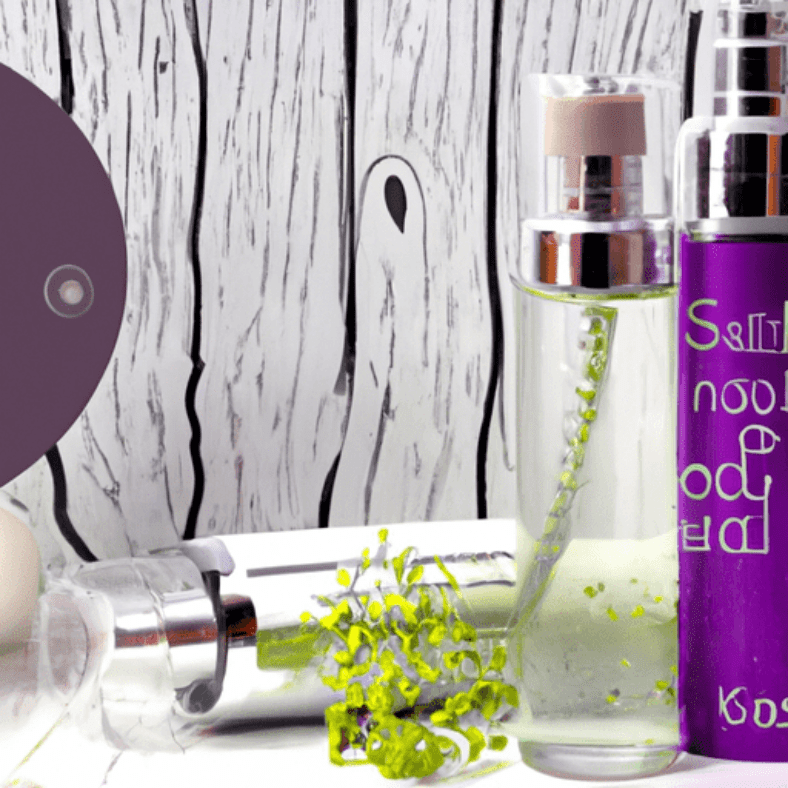-
Table of Contents
- Chemical-Free Skincare: Debunking the “Chemical” Myth
- Key Takeaways
- Introduction: Unmasking the “Chemical-Free” Illusion
- The “Chemical-Free” Misconception
- The Good, The Bad, and The Necessary
- Understanding Skincare Ingredients
- FAQ Section
- 1. Are all chemicals harmful?
- 2. What does “chemical-free” mean?
- 3. How can I make informed choices about skincare products?
- 4. Are skincare products regulated?
- 5. Are natural or organic products better?
- Conclusion: The Truth Behind “Chemical-Free” Skincare
- Further Analysis
- Key Takeaways Revisited
Chemical-Free Skincare: Debunking the “Chemical” Myth

[youtubomatic_search]
Key Takeaways
- The term “chemical-free” is a marketing gimmick and scientifically inaccurate.
- All skincare products contain chemicals, including water.
- Not all chemicals are harmful; many are essential for skin health.
- Understanding skincare ingredients is crucial for making informed choices.
- Regulatory bodies ensure the safety of skincare products on the market.
Introduction: Unmasking the “Chemical-Free” Illusion
The beauty industry is rife with buzzwords and marketing jargon designed to appeal to increasingly health-conscious consumers. One such term that has gained popularity is “chemical-free” skincare. However, this term is not only misleading but scientifically inaccurate. This article aims to debunk the myth of “chemical-free” skincare and shed light on the importance of understanding skincare ingredients.
The “Chemical-Free” Misconception
Contrary to popular belief, the term “chemical-free” is a misnomer. Everything, including water (H2O), is made up of chemicals. Therefore, it’s impossible for any skincare product to be truly “chemical-free”. This term is often used to imply that a product is natural or organic, but even these products contain chemicals.
The Good, The Bad, and The Necessary
Not all chemicals are harmful. Many chemicals, such as hyaluronic acid and vitamin C, are essential for skin health. These chemicals hydrate the skin, fight free radicals, and stimulate collagen production. On the other hand, some chemicals, like parabens and phthalates, have been linked to health concerns. However, regulatory bodies such as the FDA ensure that skincare products on the market are safe for use.
Understanding Skincare Ingredients
Understanding skincare ingredients is crucial for making informed choices. Consumers should familiarize themselves with common skincare ingredients and their functions. For instance, retinol, a form of vitamin A, is known for its anti-aging properties, while salicylic acid is used to treat acne. By understanding these ingredients, consumers can choose products that best suit their skin needs.
FAQ Section
1. Are all chemicals harmful?
No, not all chemicals are harmful. Many chemicals, such as hyaluronic acid and vitamin C, are beneficial for skin health.
2. What does “chemical-free” mean?
The term “chemical-free” is a marketing gimmick and scientifically inaccurate. All skincare products contain chemicals, including water.
3. How can I make informed choices about skincare products?
Understanding skincare ingredients is crucial for making informed choices. Familiarize yourself with common skincare ingredients and their functions.
4. Are skincare products regulated?
Yes, regulatory bodies such as the FDA ensure that skincare products on the market are safe for use.
5. Are natural or organic products better?
Not necessarily. Even natural or organic products contain chemicals. The effectiveness of a product depends on its formulation and your skin needs.
Conclusion: The Truth Behind “Chemical-Free” Skincare
The myth of “chemical-free” skincare has been debunked. The term “chemical-free” is a marketing gimmick and scientifically inaccurate. All skincare products contain chemicals, including water. Not all chemicals are harmful; many are essential for skin health. Understanding skincare ingredients is crucial for making informed choices. Regulatory bodies ensure the safety of skincare products on the market.
[youtubomatic_search]
Further Analysis
As consumers, it’s important to be aware of the marketing tactics used by the beauty industry. The term “chemical-free” is often used to imply that a product is natural or organic, but even these products contain chemicals. By understanding skincare ingredients, consumers can make informed choices and select products that best suit their skin needs.
Key Takeaways Revisited
- The term “chemical-free” is a marketing gimmick and scientifically inaccurate.
- All skincare products contain chemicals, including water.
- Not all chemicals are harmful; many are essential for skin health.
- Understanding skincare ingredients is crucial for making informed choices.
- Regulatory bodies ensure the safety of skincare products on the market.

Leave a Reply